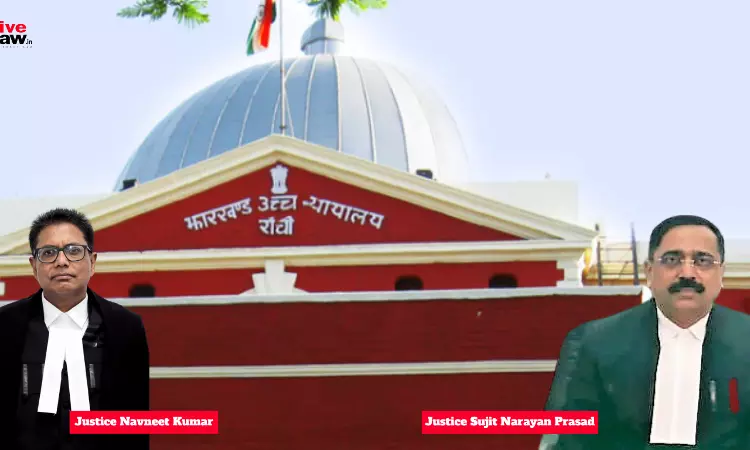In a recent ruling, the Jharkhand High Court rejected multiple appeals filed by candidates seeking special consideration under the reserved category for positions in the Jharkhand Administrative Service cadre. The appeals were directed against the common order passed by a Single Judge of the High Court in analogous cases.The court upheld the decision made by the Single Judge, stating that...

